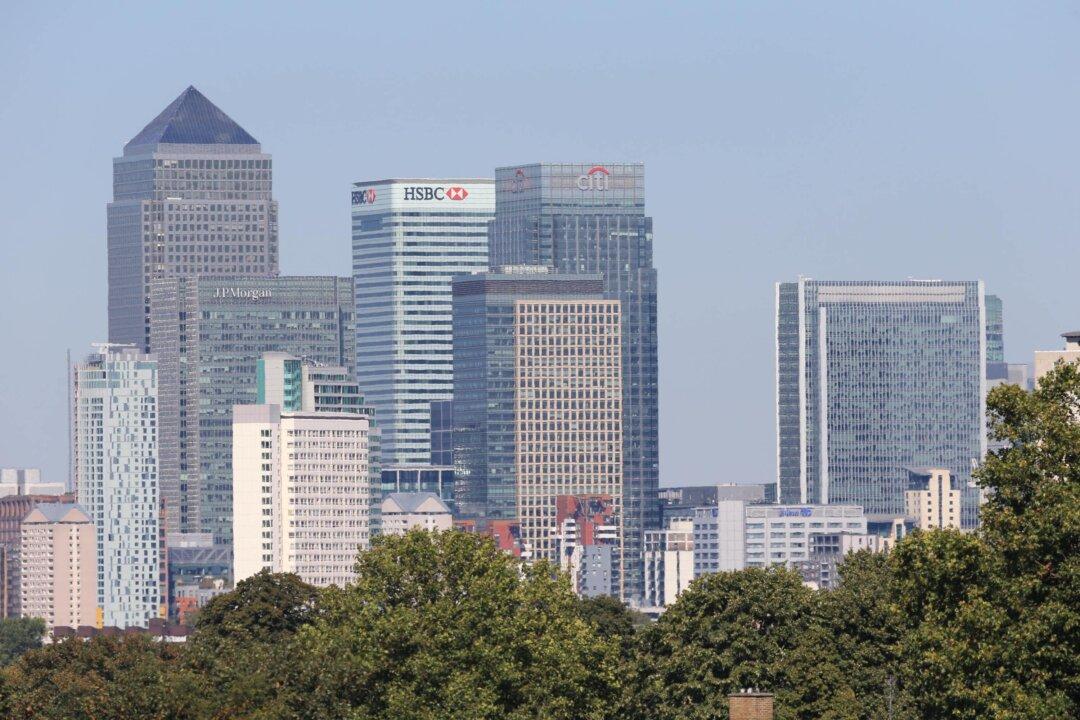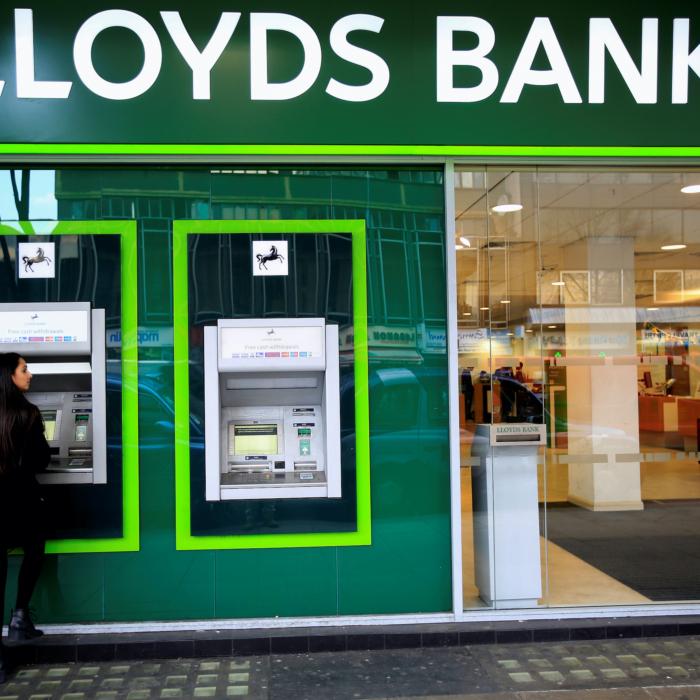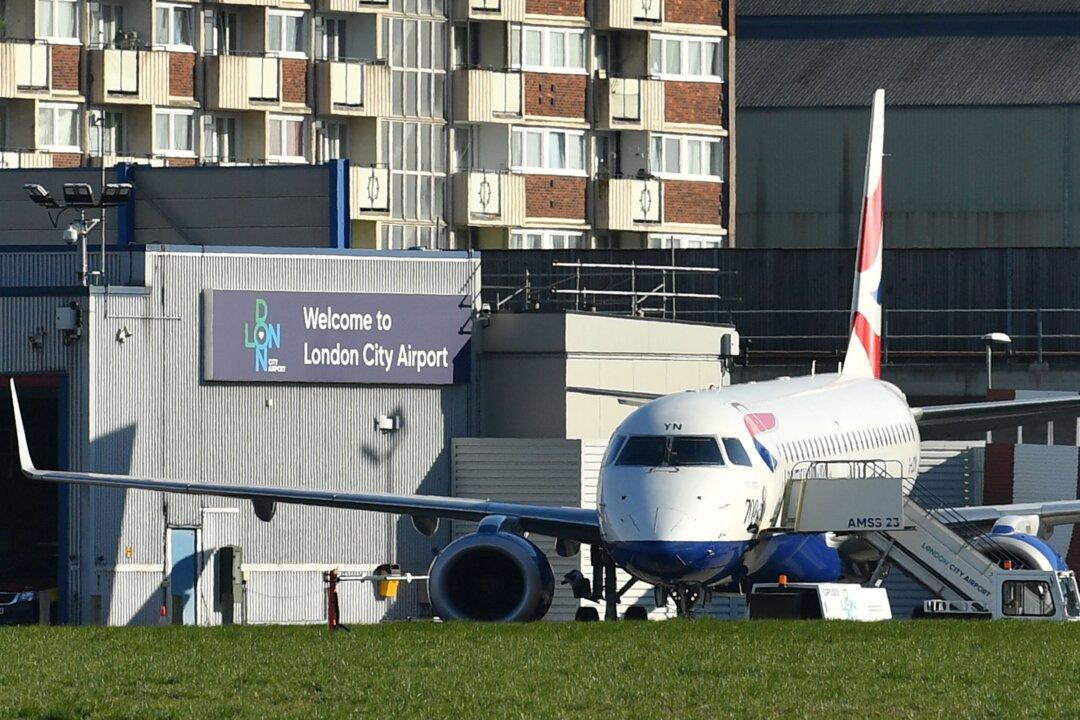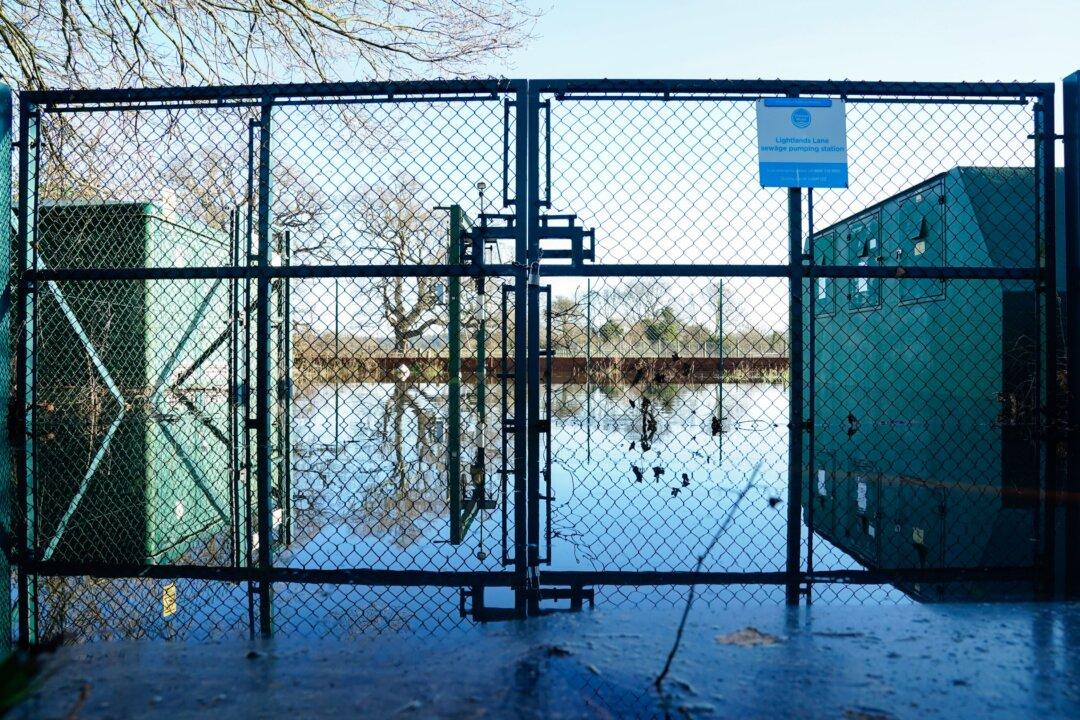The UK’s top eight banks including Barclays, Lloyds, HSBC, NatWest, Santander UK, Standard Chartered, Nationwide and Virgin Money UK, were evaluated for their “resolvability,” meaning their ability to safely manager a failure without major economic impacts on the British economy.
The new “resolution” rules were introduced by the BoE after the government was forced to pay-in £137 billion in public funds to safeguard the UK financial sector during the 2007/2008 Global Financial Crisis (GFC).
The assessment is part of a regular post-financial crisis analysis of lenders so to avoid taxpayers footing the bill in the event of any future bank failures.
The BoE report found that all the aforementioned banks had made “significant progress” in their preparations for a financial crisis.
In essence, banks could operate and provide banking services, with “shareholders and investors—not public funds—first in line to bear the costs of failure,” the report found.
During the GFC, NatWest (formally the Royal Bank of Scotland) had to be bailed out by the government, costing taxpayers billions of pounds.
The government also had to intervene in Lloyds Bank at the time, securing a large stake in the firm.
However, Lloyds has since fully returned to public ownership.
The BoE said banking firms in the UK are far more stable and prepared than they were 16 years ago.
Tuesday’s report found that NatWest, Santander UK and Nationwide Building society have no material issues—meaning there were no identifiable gaps on their plans to cope with a hypothetical failure.
Barclays, Lloyds, HSBC and Virgin Money UK were all found to need “further enhancements,”—meaning they need to further develop their contingency planning.
Standard Chartered was the only top British bank noted to have a fault identified, specifically in terms of its ability to execute restricting plans.
No banks in the Bank of England’s analysis were found to have major issues with their resolution plans.
“Maintaining a credible and effective resolution regime is a continuous process, and authorities and firms need to respond as the financial system and regulatory landscape evolves,” noted Ramsden.
“Resolvability will never be ‘done’ and there will always be lessons to learn from putting the regime into practice,” he said.







